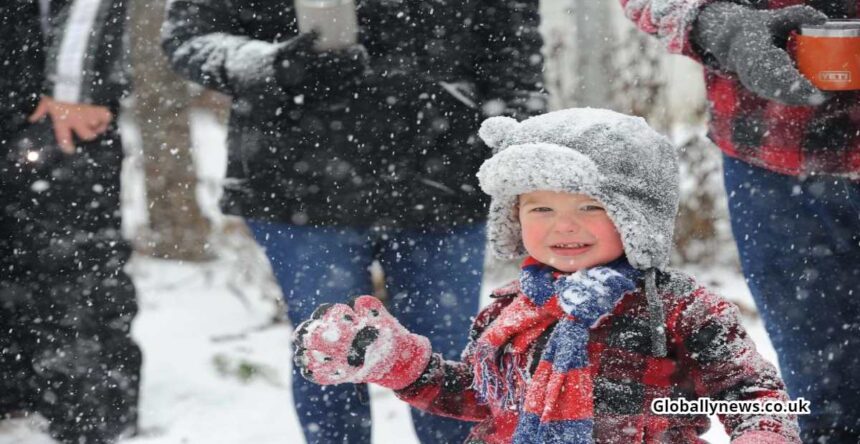New York – A brutal cold front has gripped much of the United States, with freezing temperatures and winter weather conditions making headlines across the country. As millions of people bundle up and prepare for the harsh conditions, many are wondering: How long will this cold spell last? And what’s causing this early-season chill?
According to meteorologists, the cold front sweeping across the nation is due to a combination of factors, including a strong jet stream and a surge of Arctic air descending from Canada. The result has been a sharp drop in temperatures, with many cities experiencing their coldest days of the season so far.
How Long Will This Cold Last?
The freezing temperatures are expected to persist for at least the next several days, with a gradual warming trend beginning later in the week. Meteorologists predict that by mid-December, the worst of the cold will have passed, but pockets of chilly air could linger into the holiday season.
Cities like Chicago, New York, and Boston have already experienced temperatures well below freezing, and experts warn that the coldest days could still be ahead. However, as the weather system moves out of the region, temperatures are expected to return to more typical December levels, with daytime highs in the 30s and 40s (Fahrenheit) for much of the East Coast.
What’s Causing This Cold Snap?
The sharp drop in temperatures is largely due to a strong polar vortex, which has pushed frigid Arctic air down into the lower 48 states. The jet stream, which usually acts as a barrier to cold air, has shifted southward, allowing the Arctic air to flow freely into the U.S. According to the National Weather Service, this cold air will continue to affect parts of the Midwest, Northeast, and even the South for several days.
In addition to the cold, snow and ice storms have been reported in some areas, particularly in the Great Lakes region and the Upper Midwest. Minneapolis and Detroit, for example, have seen significant snowfall, while cities like Cleveland and Pittsburgh are preparing for potentially dangerous travel conditions due to icy roads and low visibility.
What Should You Expect?
For those in the path of the cold front, it’s crucial to take precautions against the harsh winter weather. Here are some tips for staying safe during the cold snap:
- Dress in layers – Experts recommend wearing multiple layers of clothing to trap body heat, especially when venturing outside. Make sure to wear a heavy winter coat, hat, gloves, and scarf to protect your extremities from frostbite.
- Check your heating system – With temperatures dropping so low, it’s important to ensure that your heating system is working properly. It’s also a good idea to have extra blankets and warm clothing on hand in case of any unexpected power outages.
- Watch for icy roads – If you live in an area prone to icy conditions, be sure to drive cautiously. Winter driving can be especially dangerous during periods of freezing rain and snow. Make sure your car is equipped with proper winter tires, and keep an emergency kit in your vehicle.
- Prepare for possible power outages – In areas where snow and ice are expected, power outages are a possibility. It’s wise to have backup batteries, flashlights, and a supply of non-perishable food and water to weather any interruptions in service.
Will This Be a Harsh Winter?
While the current cold front is severe, it’s still too early to say if this winter will be particularly harsh. According to the National Oceanic and Atmospheric Administration (NOAA), long-range forecasts suggest that this winter will feature both cold and mild spells, with no clear indication of an overall extreme winter season. That said, cold snaps like the one currently being experienced are not unusual in early December.
Meteorologists continue to monitor the weather systems and will issue updated forecasts as the cold front moves out and the winter weather conditions evolve. For now, it’s safe to say that those enduring the current cold snap should prepare for several more days of freezing temperatures, especially at night.
